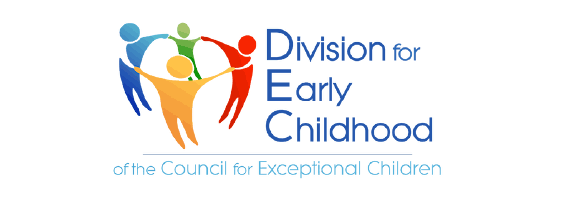6-month Reviews: Necessity or Nicety? 6-month reviews! There are so many meetings in early intervention (EI) and scheduling can be very difficult with all of the individual team members, including the family! Some may even think “I see the family every week, why do we need to get together for another meeting?”. Well, a key part of EI is monitoring the plan, celebrating the progress and modifying the outcomes, strategies and supports as a team. In fact, it’s the federal law! Part C of the Individuals with Disabilities Education Act (IDEA) as well as the CFC Procedural Manual state that the IFSP shall be reviewed at least every six months, or more frequently as needed. So, the answer is Necessity!
Who needs to be there?
It is best practice for all IFSP team members to participate in 6-month review meetings. This can be tricky to schedule and is typically why many service coordinators begin scheduling the 6-month well in advance of the meeting. At a minimum, the service coordinator and the family or caregivers must be present. However, if changes to the IFSP are needed, the full IFSP team must be convened in order to discuss and reach consensus.
What needs to be prepared prior to a 6-month review?
Families have a right to prior notice. As such, service coordinators will provide at least a 10-day notice to families and request a 6-month progress report from the other team members.
The EI Providers currently supporting the family will submit a 6-month report, which must summarize the child’s progress and response to intervention related to the IFSP outcomes, prior to the scheduled review meeting.
What is your role/responsibility?
Prepare in advance for the 6-month reviews for your families – plan a meeting date (service coordinator) and confirm it with all team members, and prepare and submit your 6-month progress summary to the service coordinator prior to the meeting (provider)
Participate fully in the meeting by sharing in the celebration of progress that the team has seen as a whole, encouraging the family to guide the team’s next steps with intervention by sharing their priorities, and identifying areas that need further support and/or resources.
Impact of a 6-month review meeting:
The family has their EI team together to review, celebrate, and modify the plan. This gives everyone a focused opportunity to talk, solve problems, and plan together!
The team may agree that significant progress has been made, some outcomes achieved, and/or they may agree that the family requires continued support to achieve the stated outcomes. Whatever the consensus, the IFSP may shift in terms of outcomes, strategies or early intervention service frequency/intensity.
Resources to support you in your work:
| 













